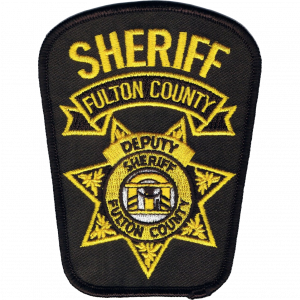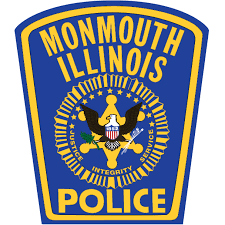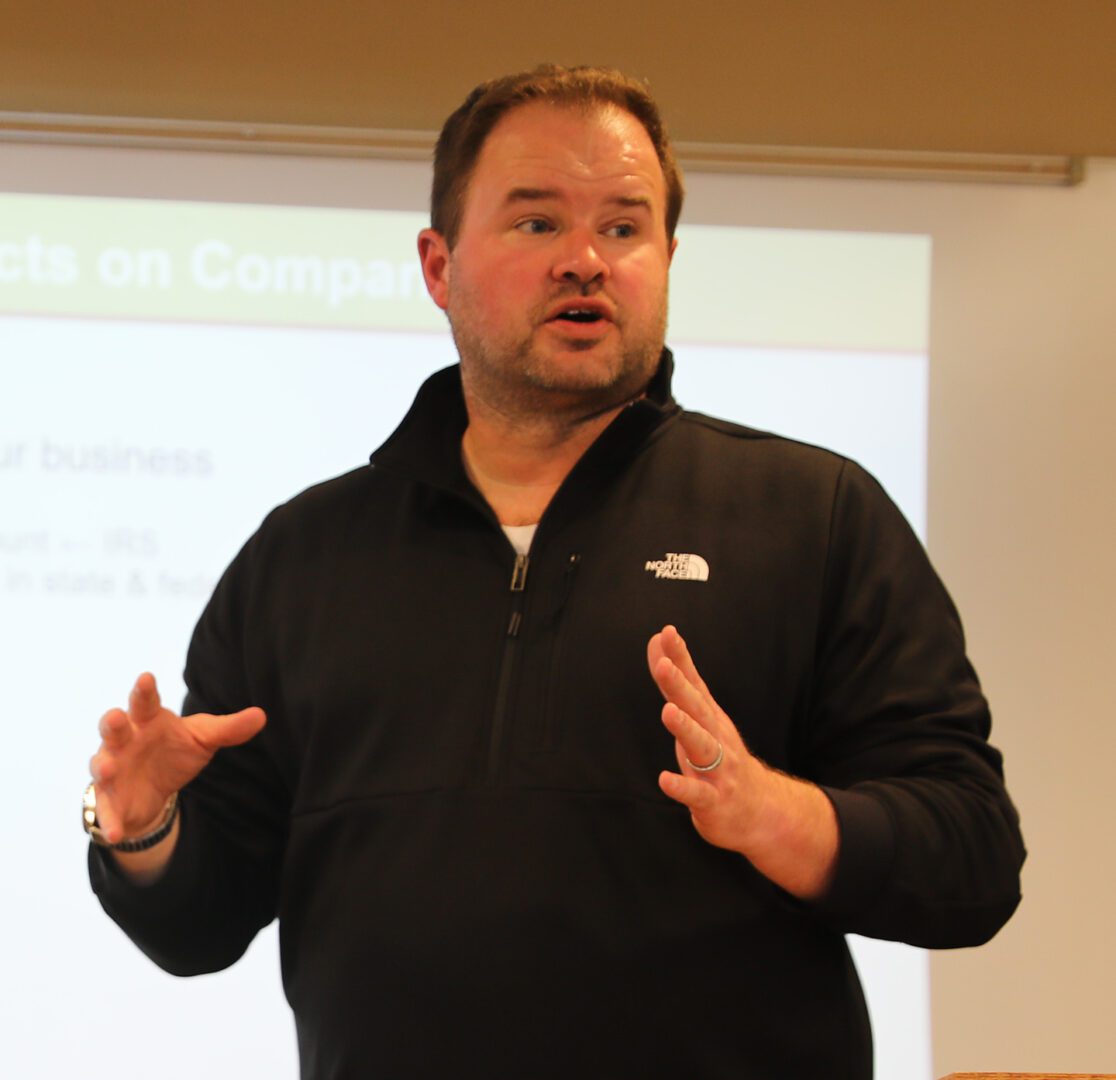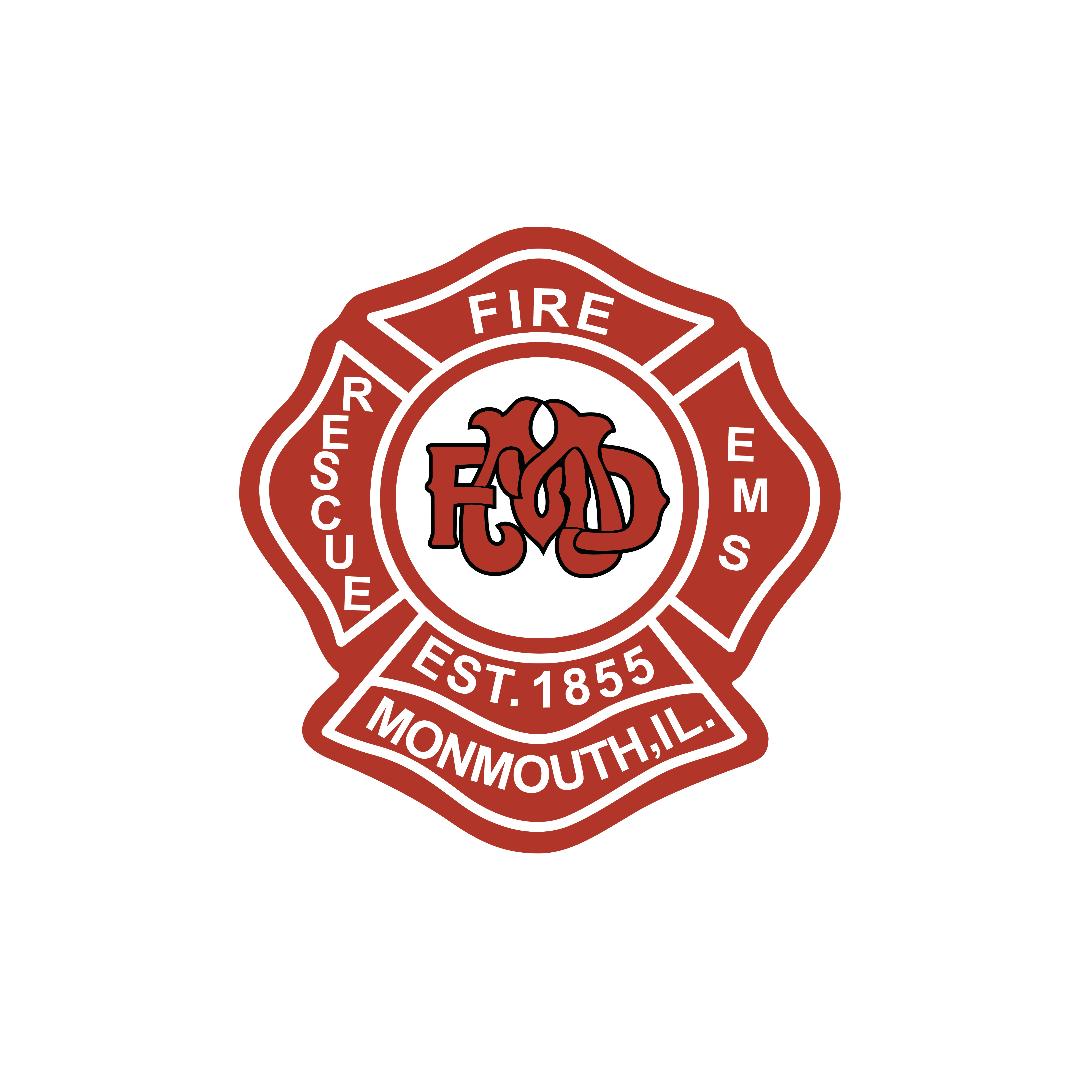Eight Monmouth College chemistry students took the next step in their careers – a progression made possible by the late chemistry professor Richard “Doc” Kieft.
Kieft, who taught chemistry at Monmouth for three decades, left the majority of his $2.3 million estate in 2009 to help support the College’s chemistry program.
“Doc’s endowment helps students pay for college, then engage in summer research and now present that work to a national audience,” said Brad Sturgeon, one of two Monmouth chemistry professors who accompanied students to the American Chemical Society Spring 2022 Experience, a national conference in San Diego. “Our attendance at the ACS meeting is a culmination of year-long student research and is the final step in Doc’s vision.”
But the recent trip to San Diego was not the final step in the students’ overall progression as chemists. They will first use the experience gained to bolster their research skills at Monmouth, then draw on them again in graduate school before embarking on their own careers.
Alzheimer’s research
“My current project is on synthesizing chalcone derivatives, which are cholinesterase inhibitors and have shown to slow the progression of Alzheimer’s disease,” said Sreya Roy ’22 of Kolkata, India. “Research in this area will help the elderly population as well as their loved ones, because if the onset of Alzheimer’s disease is slowed down, then the people affected by it can live healthier and longer lives.”
Gabriela Peterson ’23 of Southwick, Massachusetts, joined the group on the West Coast after traveling cross-country from her off-campus semester in Washington, D.C.
“I am honored to have been selected to present my chemistry research among so many bright scientific leaders,” she said. “Being able to present at the ACS conference validated my research, which I have spent countless hours perfecting. For four days, I learned about chemistry research, advancements in chemistry and what scientists can do to improve chemistry through methodology and expanded education.”
Other Monmouth students who attended were Amanda Dybal ’22 of Apex, North Carolina, Talia Long ’22 of Troy, Missouri, Jonathan Oradiegwu ’22 of Richmond, Texas, Joseph Sampson ’23 of Naperville, Illinois, and Matt Simonson ’22 and Sara Simonson ’22, both of Monmouth.
Sturgeon’s colleague Laura Moore was also in attendance, as was lab manager Steve Distin.
Five of the students gave talks in the field of chemical education. The other two presentations, by Matt Simonson and Peterson, were in the divisions of medicinal chemistry and colloid and surface chemistry, respectively.
“It was spectacular meeting experts in specific research areas and meeting other undergraduates who are conducting research using bee propolis, too,” said Peterson. “I was able to speak with experts and fellow undergraduates alike and gain insight on career progression and research methodology tips, such as how to grow bacteria cells.”
Thankful and appreciative
Roy said she was “beyond thankful” for the opportunity.
“This opportunity was valuable to me because I was able to educate many people on Alzheimer’s disease and chalcones, as well as receive many helpful insights from other students and professors who are currently working on Alzheimer’s disease,” said Roy, who works in professor Michael Prinsell’s lab. “This experience also allowed me to develop my communication skills, gain in-depth knowledge about the scientific community and confirm my decision of attending grad school.”
After graduating from Monmouth, Roy plans to pursue a Ph.D. in biochemistry.
“I have always been passionate about research and working in a lab, so after grad school I want to work in industry, possibly as a medicinal chemist, or a position specializing in the synthesis of drugs,” she said.
Peterson, who will return to Monmouth next fall, is looking forward to bringing her new knowledge into the College’s laboratory.
“I am extremely appreciative of my research adviser, analytical chemist Dr. Audra Goach,” she said. “Without her guidance and teaching, I would not have been able to conduct high-quality chemistry research. I am also grateful to the chemistry department and the generous Dr. Richard Kieft, without whom my attendance at the conference would have been impossible. I am looking forward to getting back in the laboratory and progressing my research using what I have learned at the ACS conference.”
***Report Courtesy of Monmouth College***
















